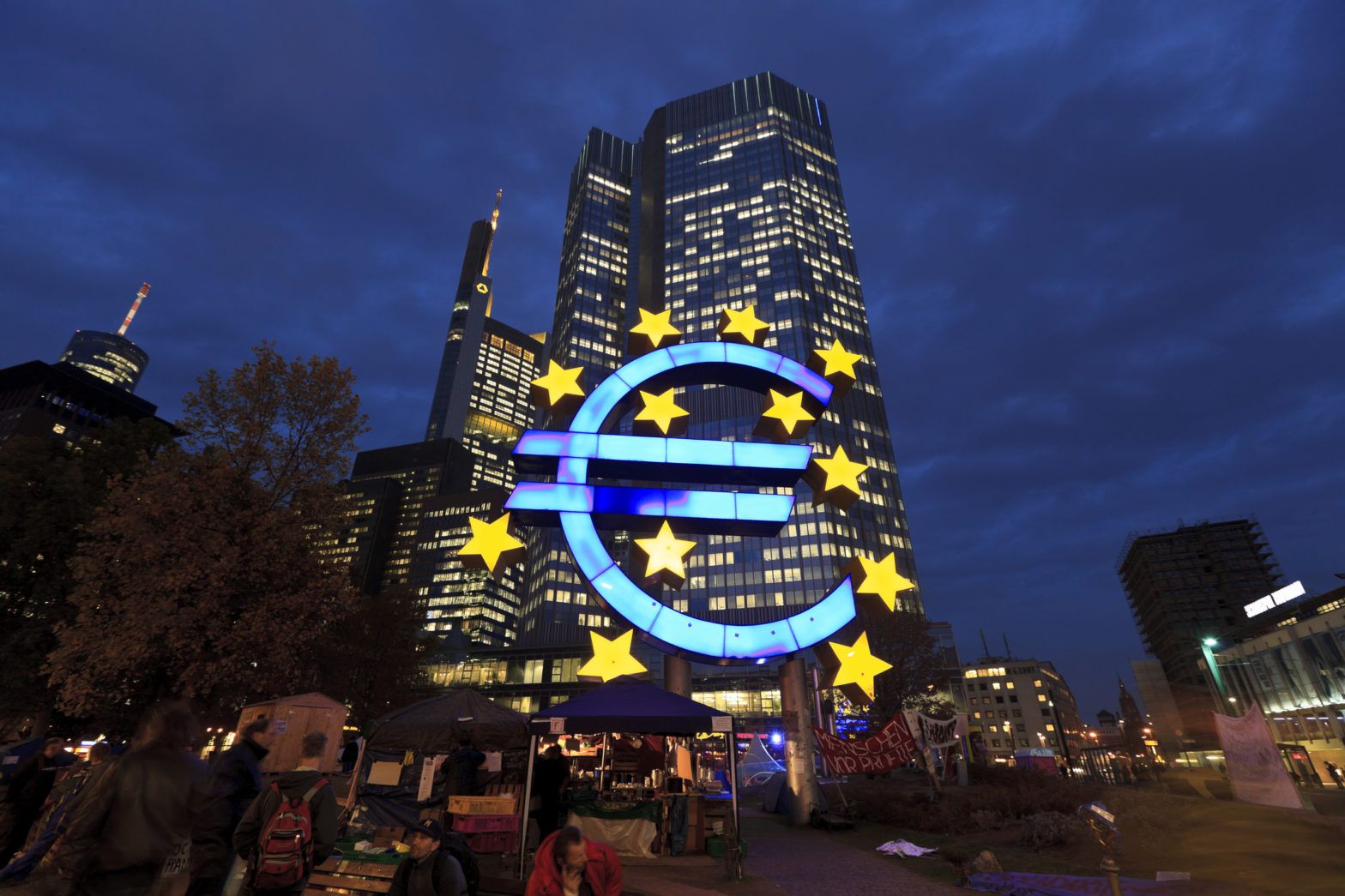The European Union needs to cease internal squabbling and speak with a collective voice to counter the challenge of a eurosceptic US president and an assertive China to boost the bloc’s economic prospects, according to Frank Huttel, head of portfolio management at FiNet Asset Management.
The German fund selector said the EU’s lack of unity meant he had a small allocation towards European equities, and he said he was unlikely to increase this position unless the discord ended.
“If Europe cannot stand together and be competitive against China we will lose in the future,” Huttel told Expert Investor. “Europe needs to speak with one voice.”
US president Donald Trump has repeatedly expressed his disdain for the European Union, praising the Brexit vote in the UK referendum and reportedly suggesting to French president Emmanuel Macron that France leave the union.
The president’s protectionist approach to foreign trade also risks sparking trade war with the EU.
EU leaders have been at odds about how to address migration since the election of a eurosceptic anti-immigration government in Italy earlier this year. “The EU needs to stand as one regarding migration,” Huttel said, adding that negotiations between 28 countries will always be difficult.
Huttel said recent data – including purchasing managers’ index figures – suggested European and global growth was slowing and, as a result, he was reducing his overall allocation and becoming more defensive.
Mid-cycle slowdown
In contrast, Franklin Templeton head of European equity strategies, Dylan Ball, said the eurozone’s economic recovery was not over. GDP growth in the bloc slowed significantly in the first quarter of the year falling to 0.4% from 0.7%. But Ball said the Q1 drop in growth represented a mid-cycle slowdown rather than a slump.
Ball said that European earnings and margins tended to catch up to the US during the latter stages of the recovery.
He added that at the current stage of the eurozone’s recovery – the market would see higher bond yields and higher inflation.
“When bond yields rise, typically profitability and earnings of banks and insurance companies rise because they make money out of the steepness of curve which happens when bond yields are rising,” Ball said.
“We think investors should put political risk in the context of the equity market and we should try and focus on this inflection point in mid-cycle slowdown and look to the remainder of the cycle. In terms of where we stand – this is a very long recovery.”
Morningstar’s latest outlook report said the expected returns on European equities had improved marginally – with the best opportunities at the sector level. The report said European energy companies were appealing along with financials and telecoms.
However, Morningstar warned that profit margins at European healthcare companies remain depressed.
Looking at the first half of the year, the top European equities fund – Comgest Growth Europe Smaller Companies – returned 15.7%, according to FE Analytics.
Top performing European equity funds v sector H1Y18

Source: FE Analytics
However, for 57% of the funds returns were negative with the worst performing fund – Axxion’s PEH Q Europa – losing 9.6%.
The European equities sector within the FCA Recognised universe returned 0.05% and -0.6% for the Offshore Mutual universe during the first half of 2018.
However, over the three years to 30 June 2018 the sector returned 6.03% and 5.2% respectively.
The top fund was Axxion’s Squad European Convictions A at 71%, followed by DWB Alpha Star Aktien A at 59.7%, Comgest Growth Europe Smaller Companies at 53.1%, Comgest Growth Europe Opportunities at 46.2%, and BlackRock’s Strategic Funds European Opportunities Extension D2 at 41.6%.
Top performing European equity funds v sector three years to 30 June 2018

Source: FE Analytics
Rising interest rates
The European Central Bank is set to end its quantitative easing programme at the end of December and rate rises are expected to follow next year or in 2020.
In anticipation of rate rises, Ball said his team were avoiding companies with a lot of debt in their balance sheets.
“[By doing so] earnings growth will not be upset by rising interest costs,” he said.
Ball added that the European market’s response to rising interest rates would likely mimic the market reaction in US after the Federal reserve began raising rates in 2016.
“After the first rate hike in the US we had considerable dollar weakness which has since strengthened. Now we’re at the stage where each successive rate hike from the Fed leads to a stronger dollar relative to the euro,” he said.
“The euro is catching up and we are two to three years behind the US, so the way you made money in the US is you can actually come to Europe and make similar sorts of returns because we’re at a delay.”
Caution on Europe
Huttel noted that there were good small and mid-cap European companies that might appeal to active managers.
“I’m not a performance chaser and I’m actually reducing the fund that performed quite well,” he said.
“On the whole, I’m not really optimistic on the future of European equities even if they are cheaper than the US. There is something in my stomach that says be careful in Europe.”
Huttel said he was looking to shift money out of the developed market into emerging markets as sector was “quite cheap” for both bonds and equities.
In the equity portion of his portfolio, Huttel said the funds he liked were Arabesque Systematic R, Pictet Global Environmental Opportunities, J. Safra Sarasin Sustainable Equity Water P, and GAM Emerging Markets Equity B.
Over the three years to 30 June 2018 all the funds returned above the European equities sector average with the Arabesque Sicav returning the best at 26.8%.
Frank Huttel favourite funds performance three years to 30 June 2018

Source: FE Analytics
The top European equity funds were found using FE Analytics’ FCA Recognised and Offshore Mutual universes that were either domiciled in Luxembourg or Ireland.







